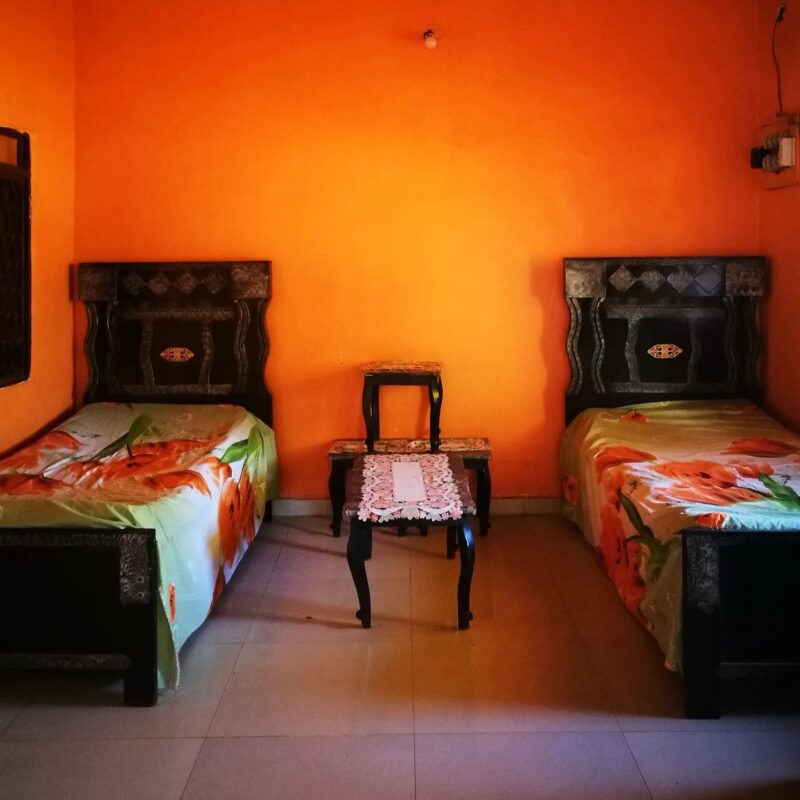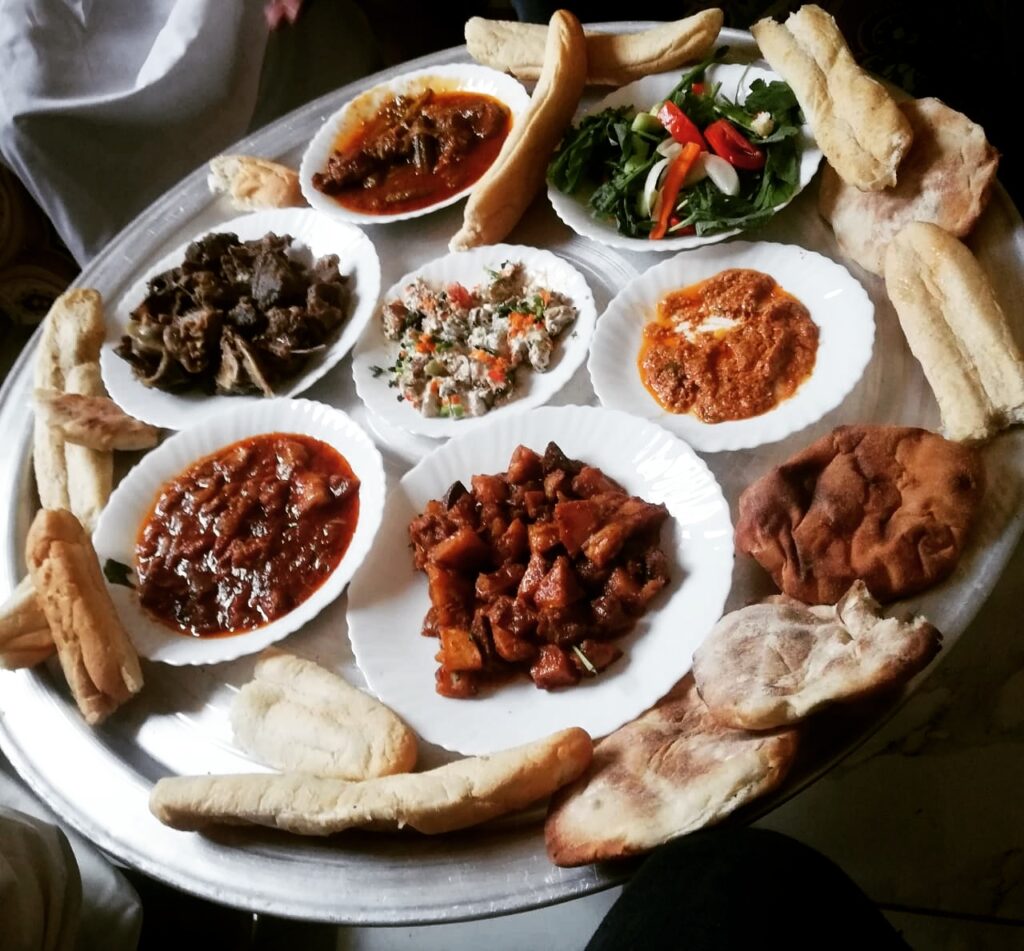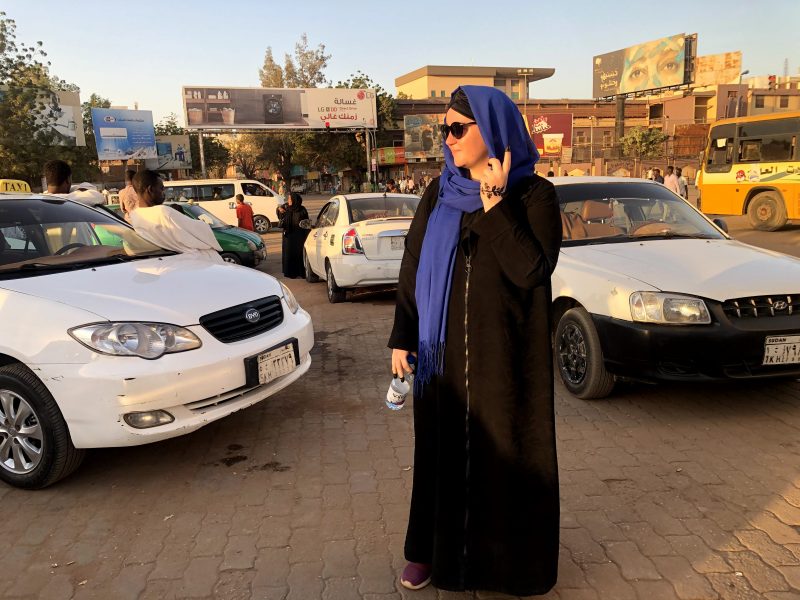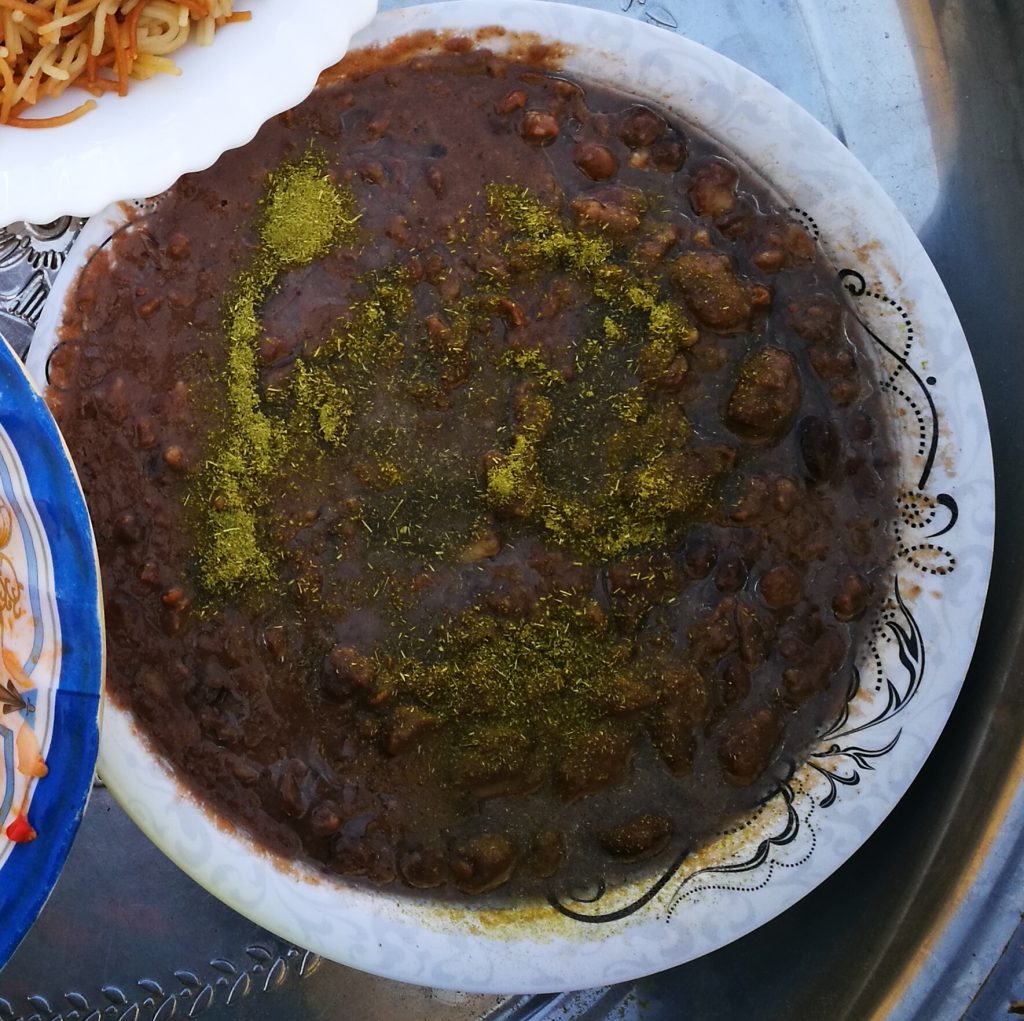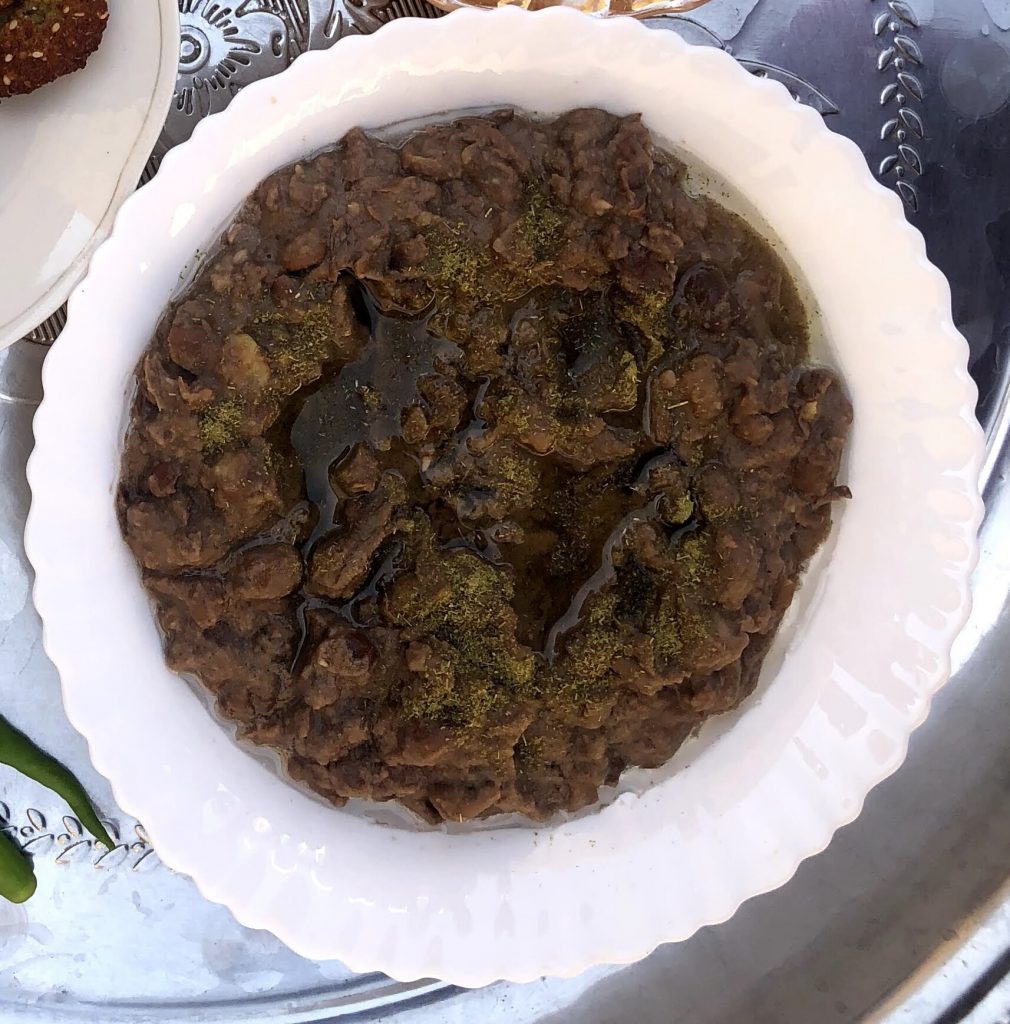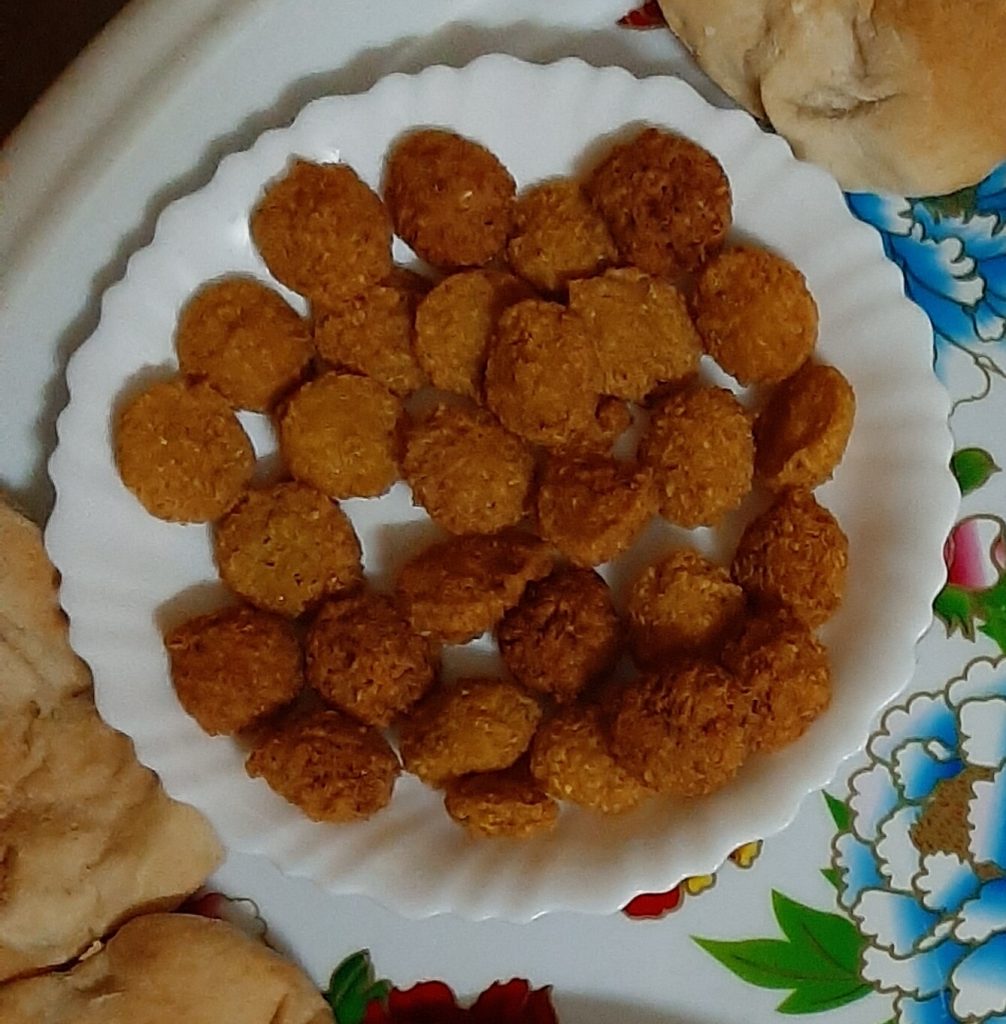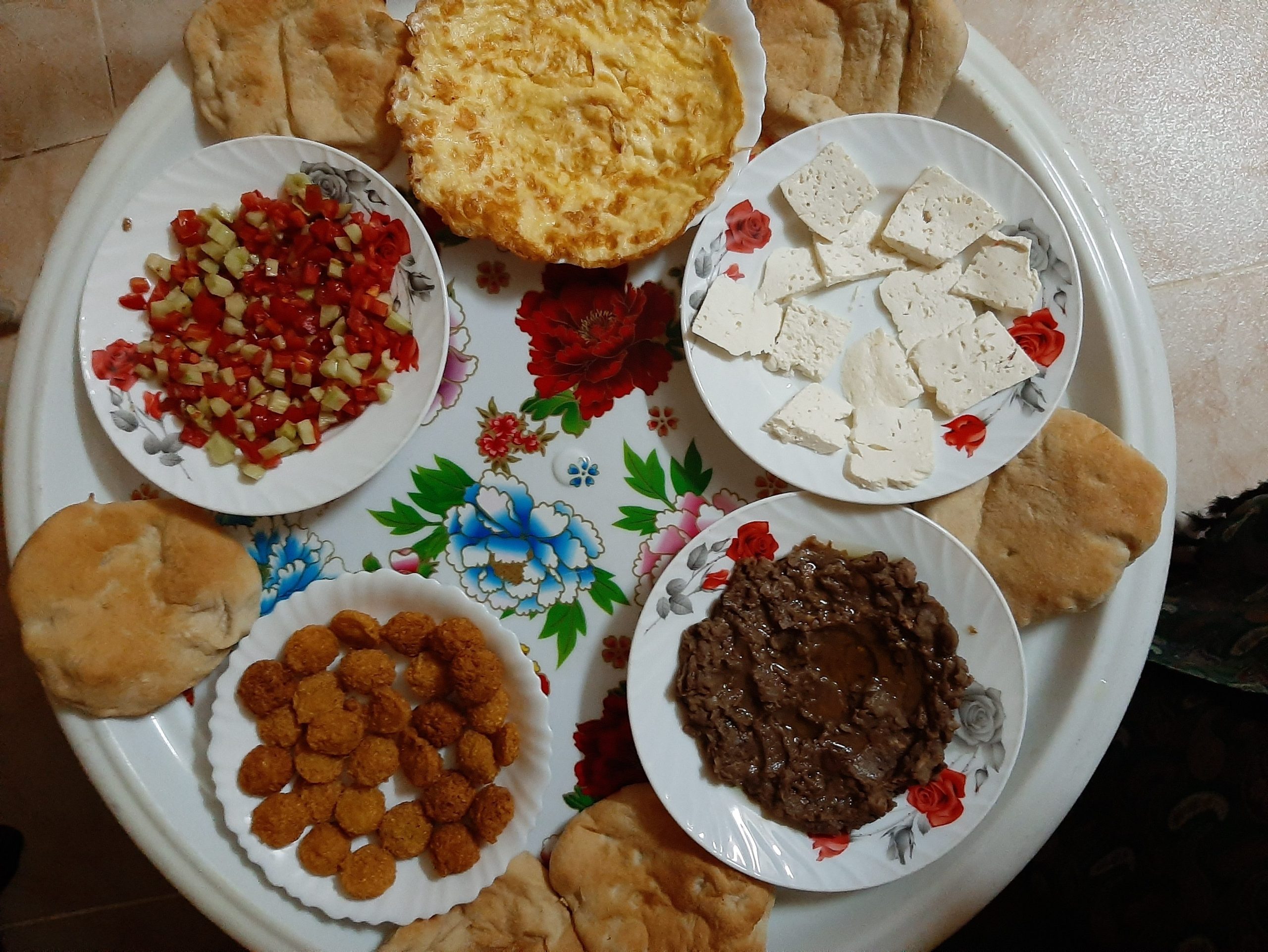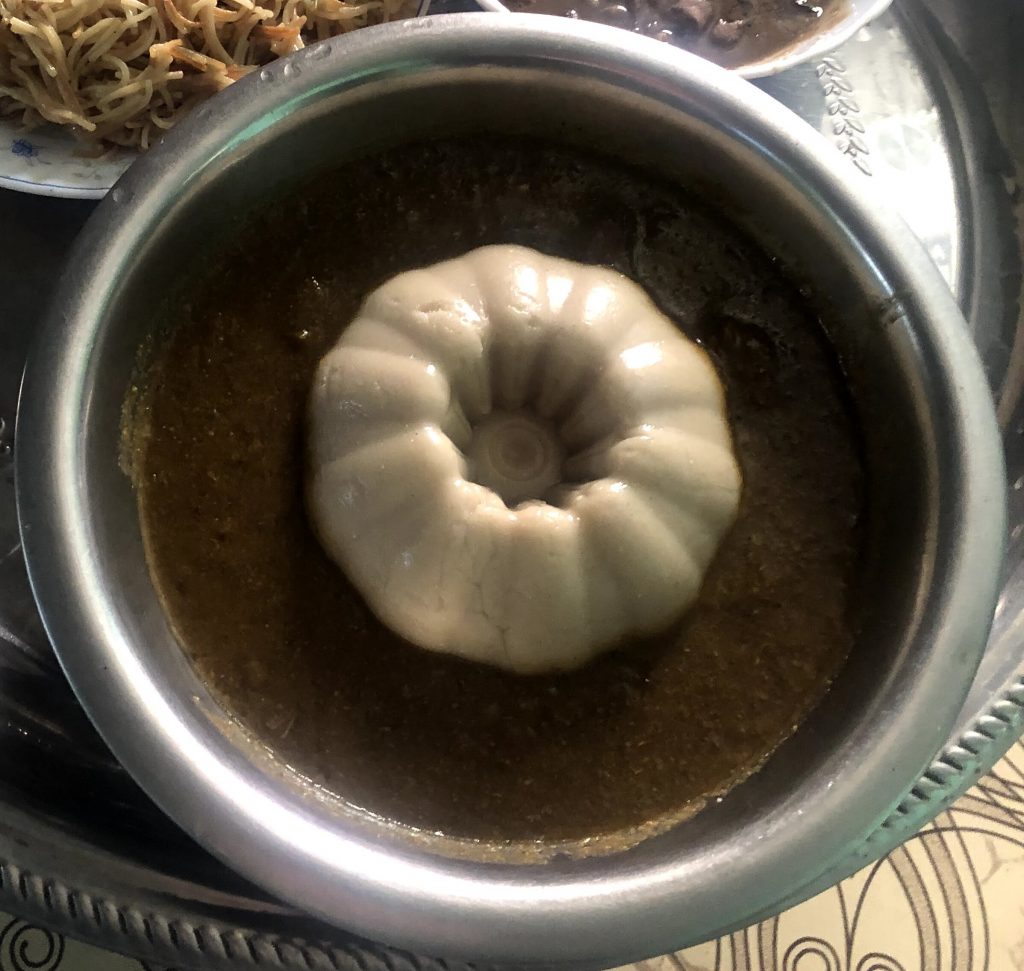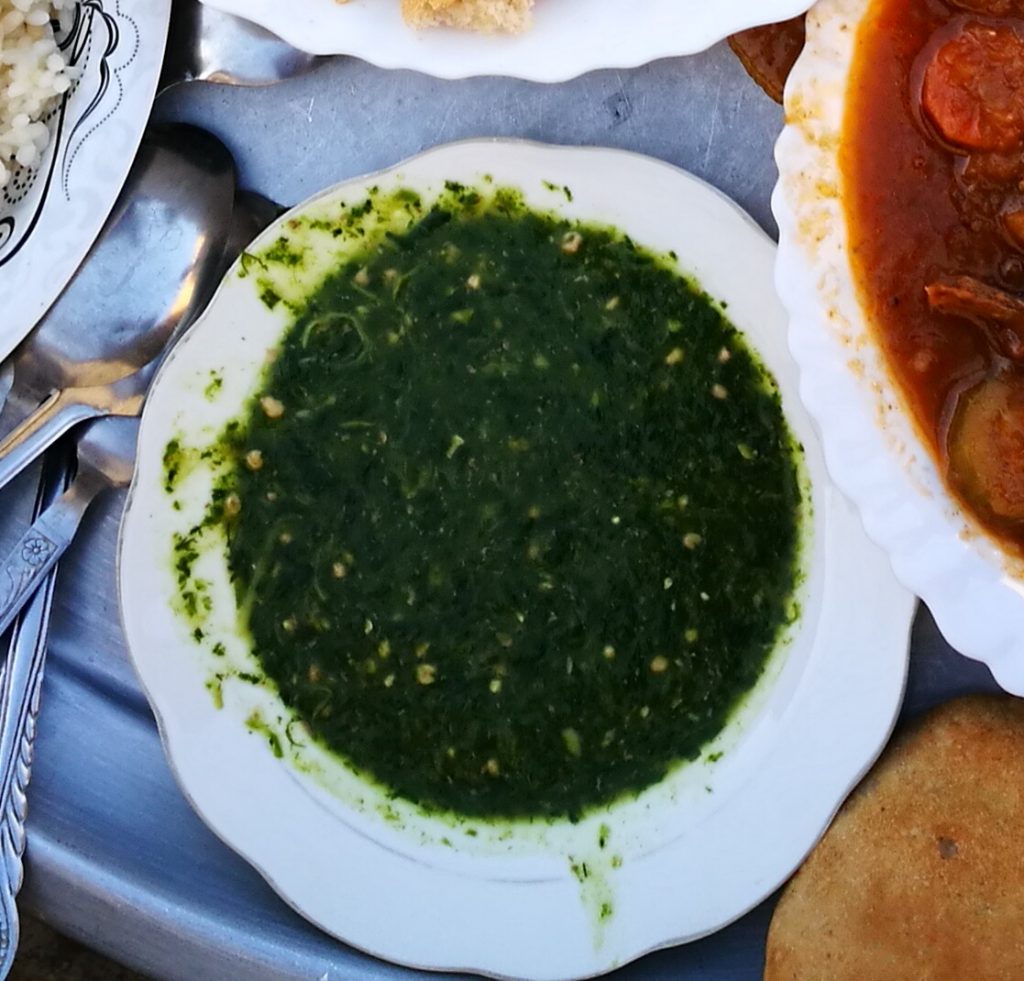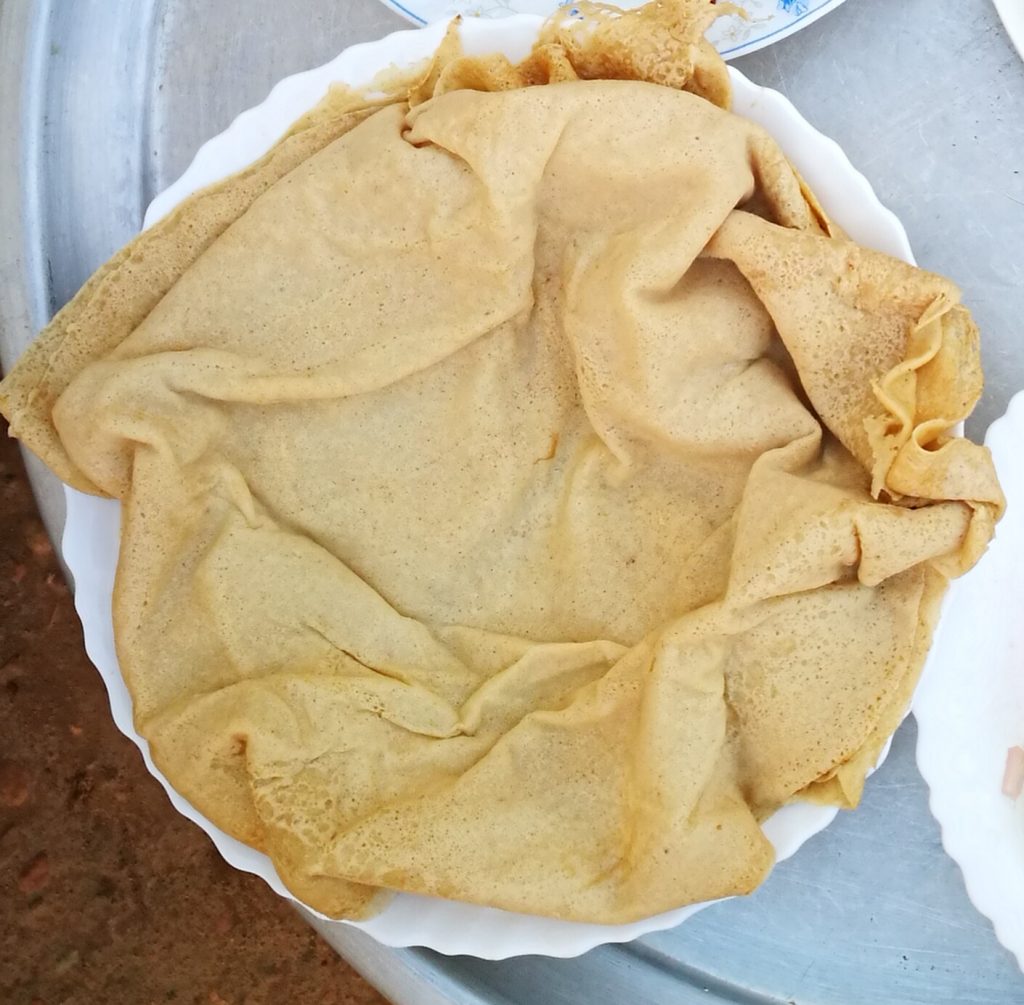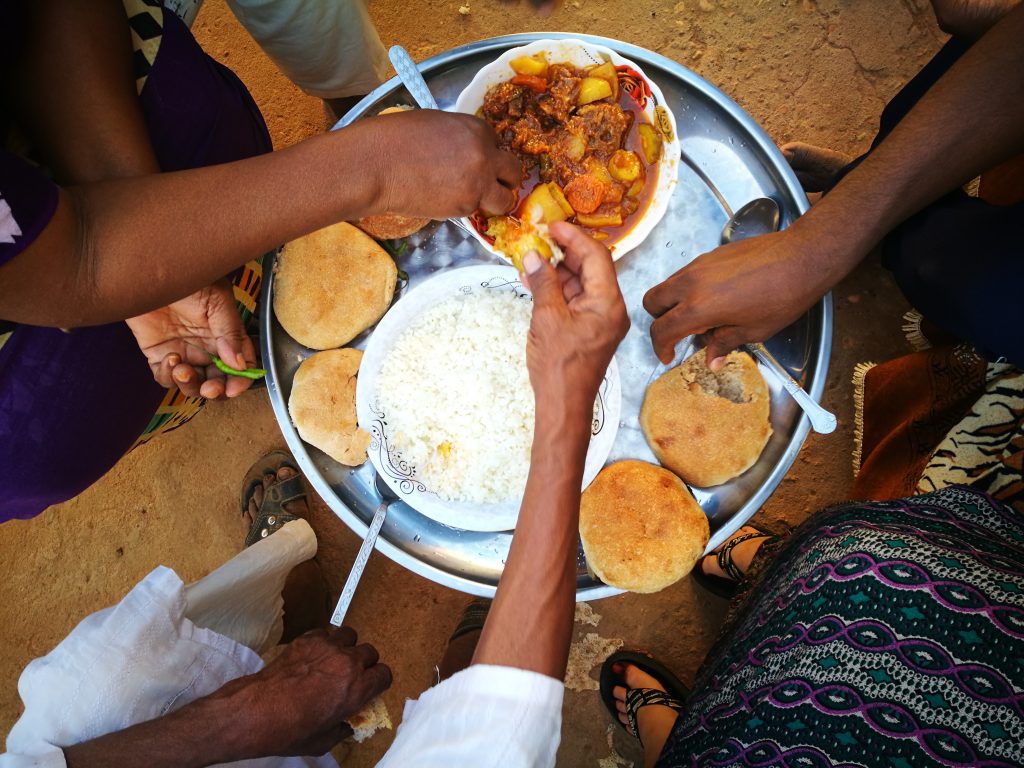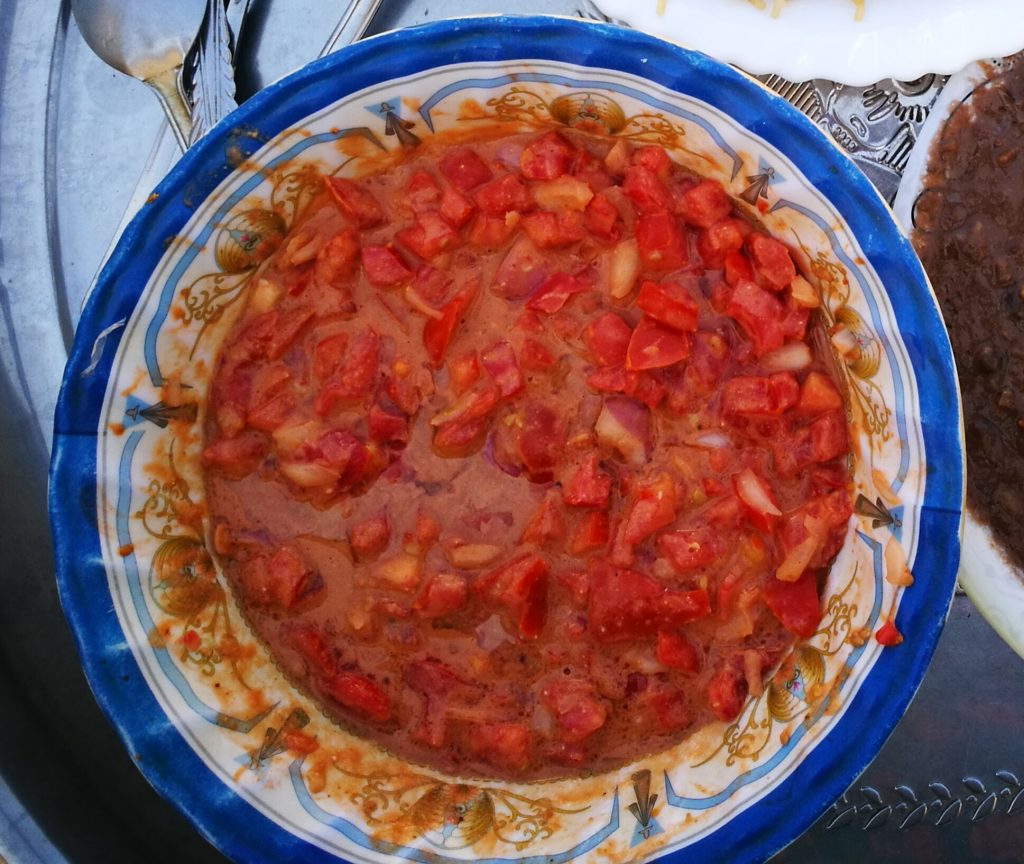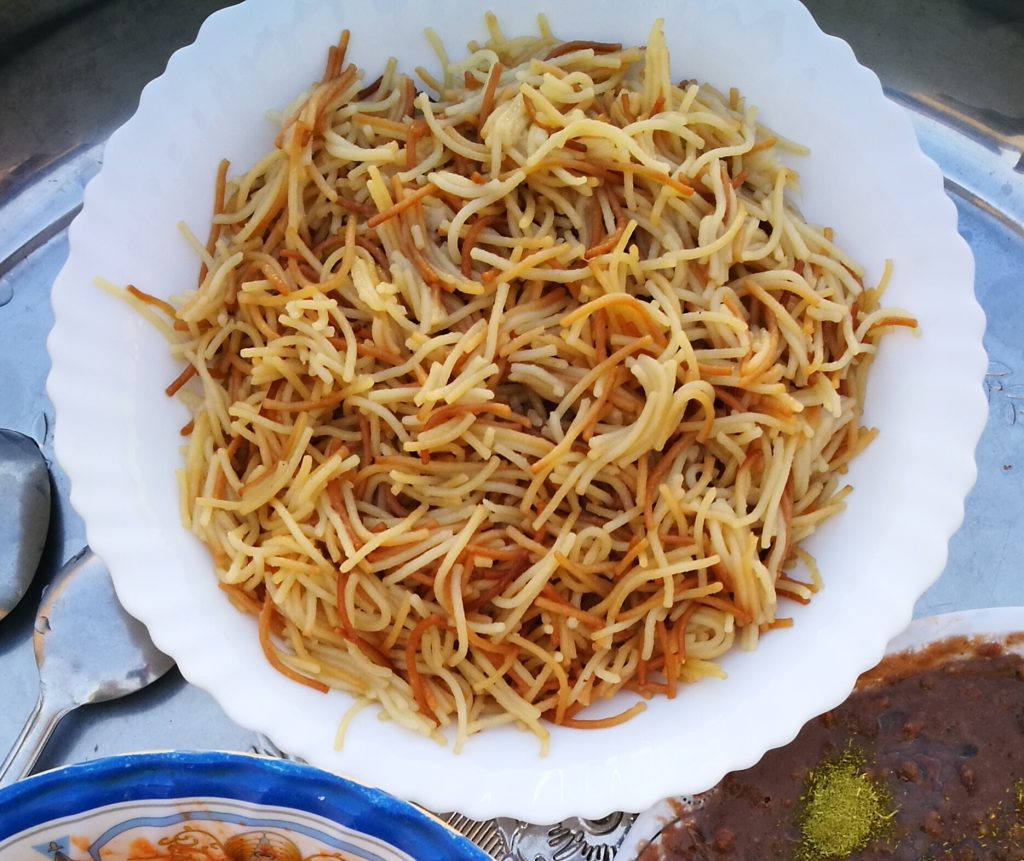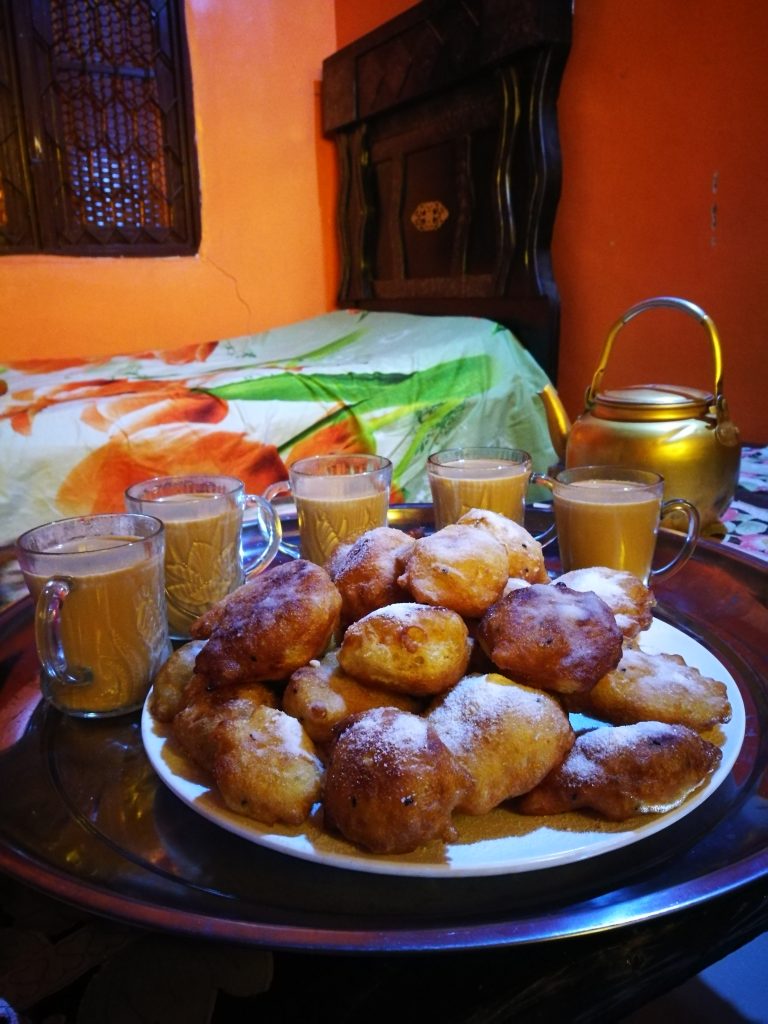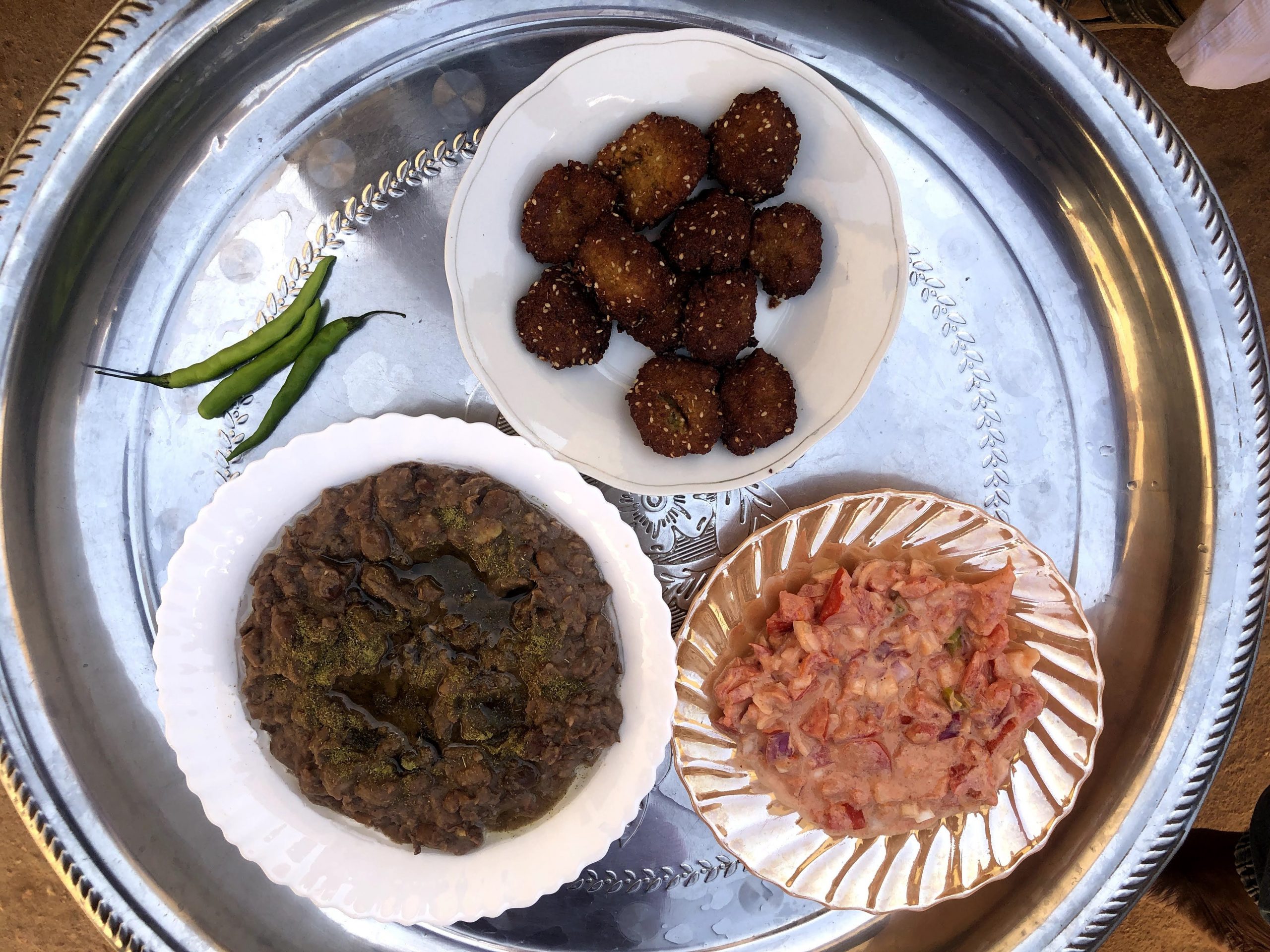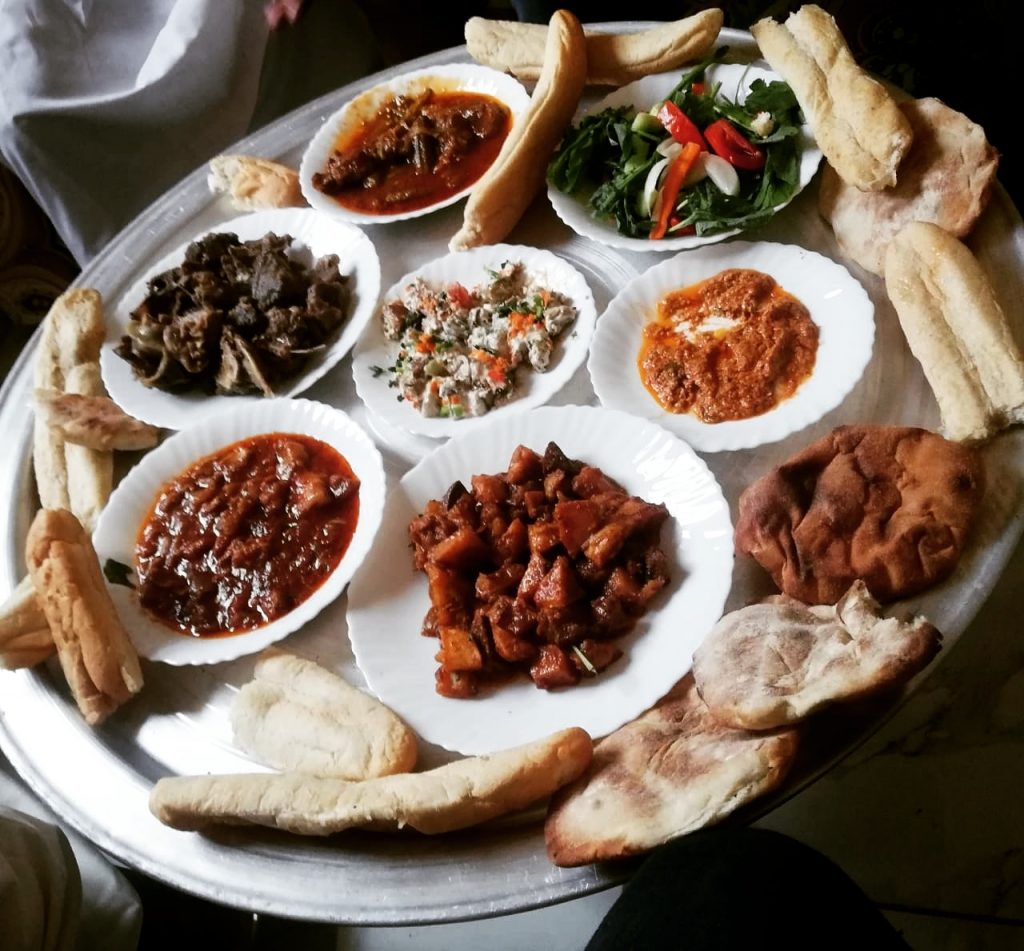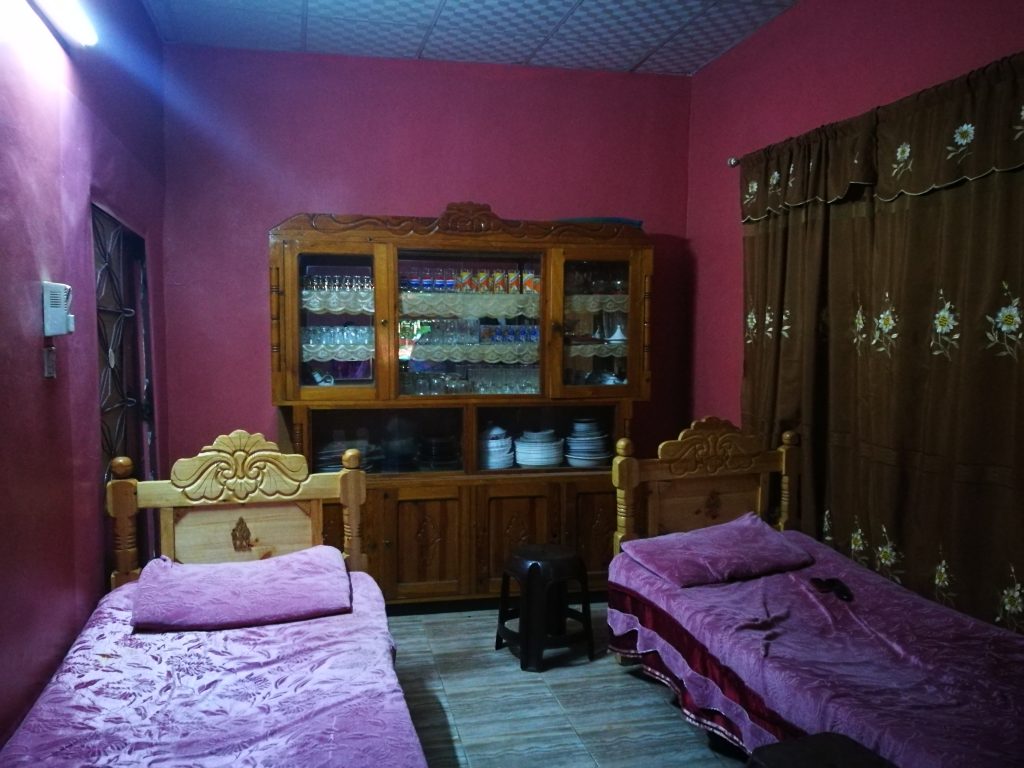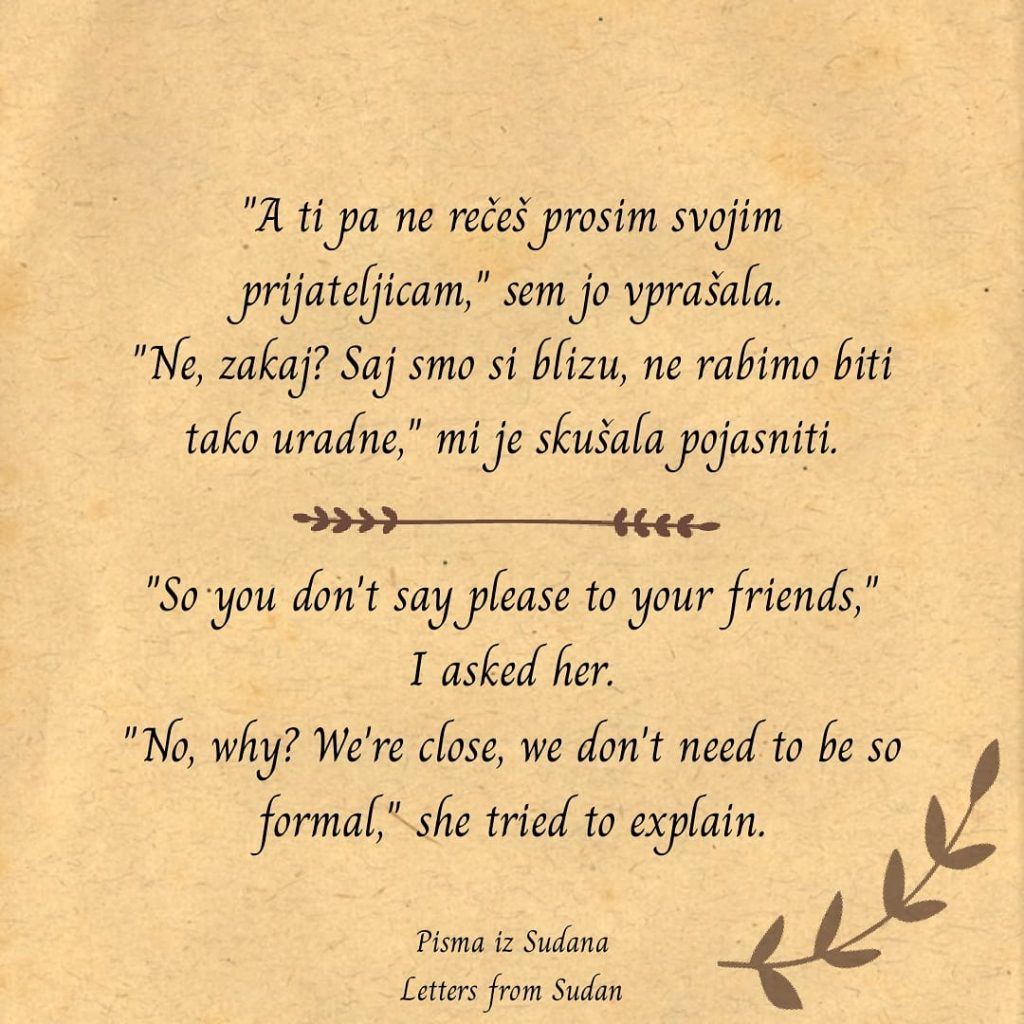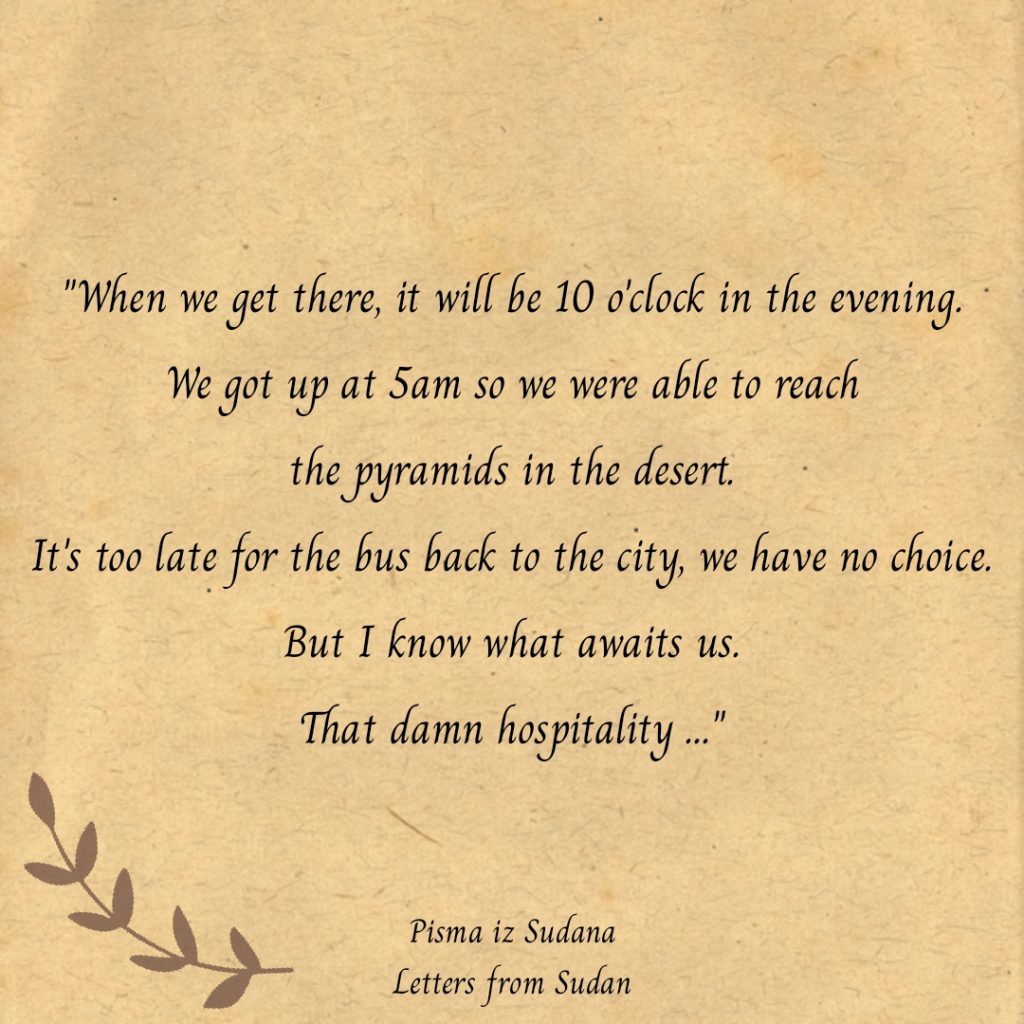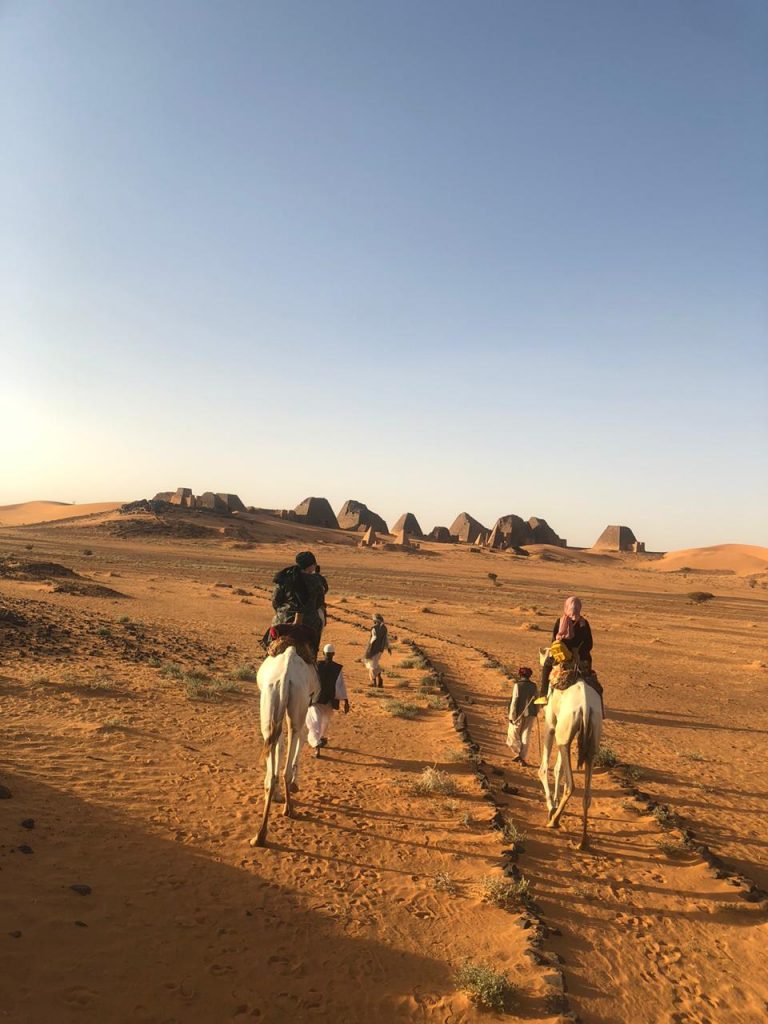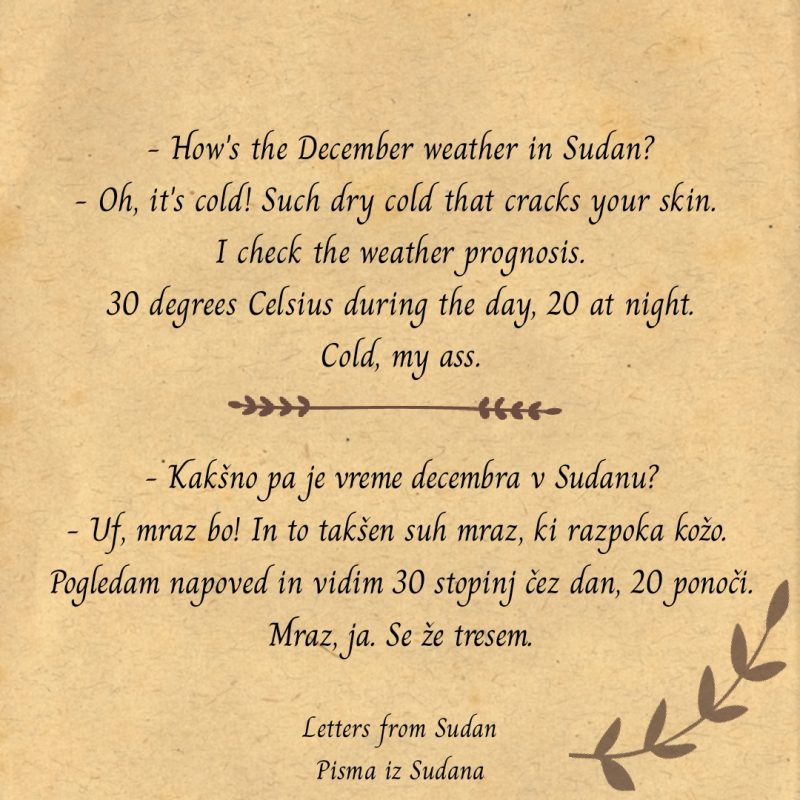Yesterday, Tamer’s family left Khartoum and headed north. They managed to get away from the fighting in the capital, Alhamdulillah. For a while, they were hoping that the situation would calm down. Thousands of other Sudanese and foreign nationals have already evacuated from Sudan this week.
Who knows when they will be able to come back again. How long will their house be empty? Will it even last? Many people are hardly affected by the news of wars that cause suffering to millions of people. I myself sometimes try to keep a distance from these never-before-seen victims who lose their loved ones, all their possessions… In this case, I cannot.
These beds on which we slept and sat to drink tea, these walls that gave us shelter, this courtyard where we had our wedding celebration… They left all of it behind and headed to a safer area in the northern state, to a village, where they lived before moving to the capital. Another empty house awaited them there, which they will now put in order. As long as they are safe. As long as they are alive and well. Alhamdulillah.
